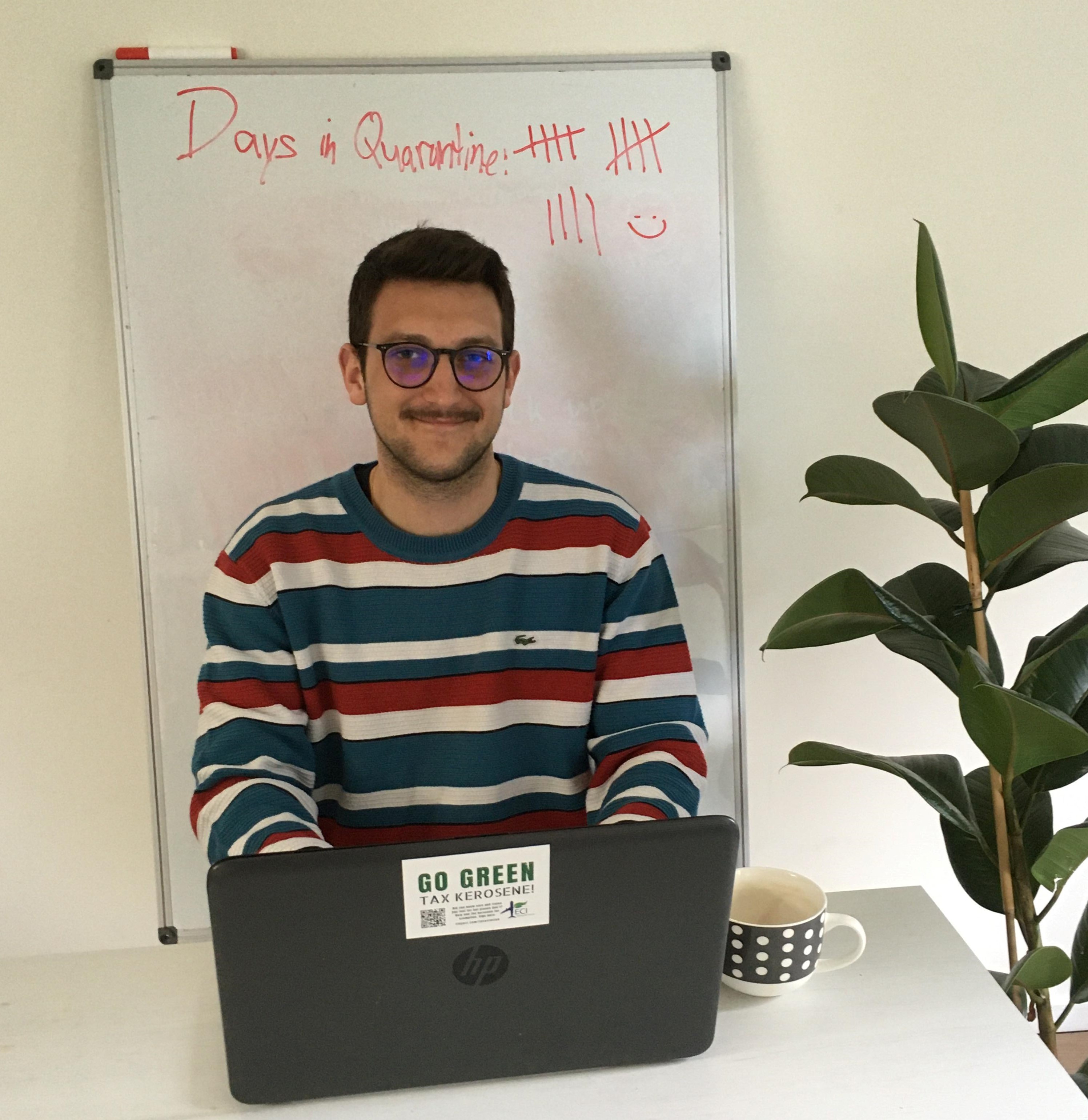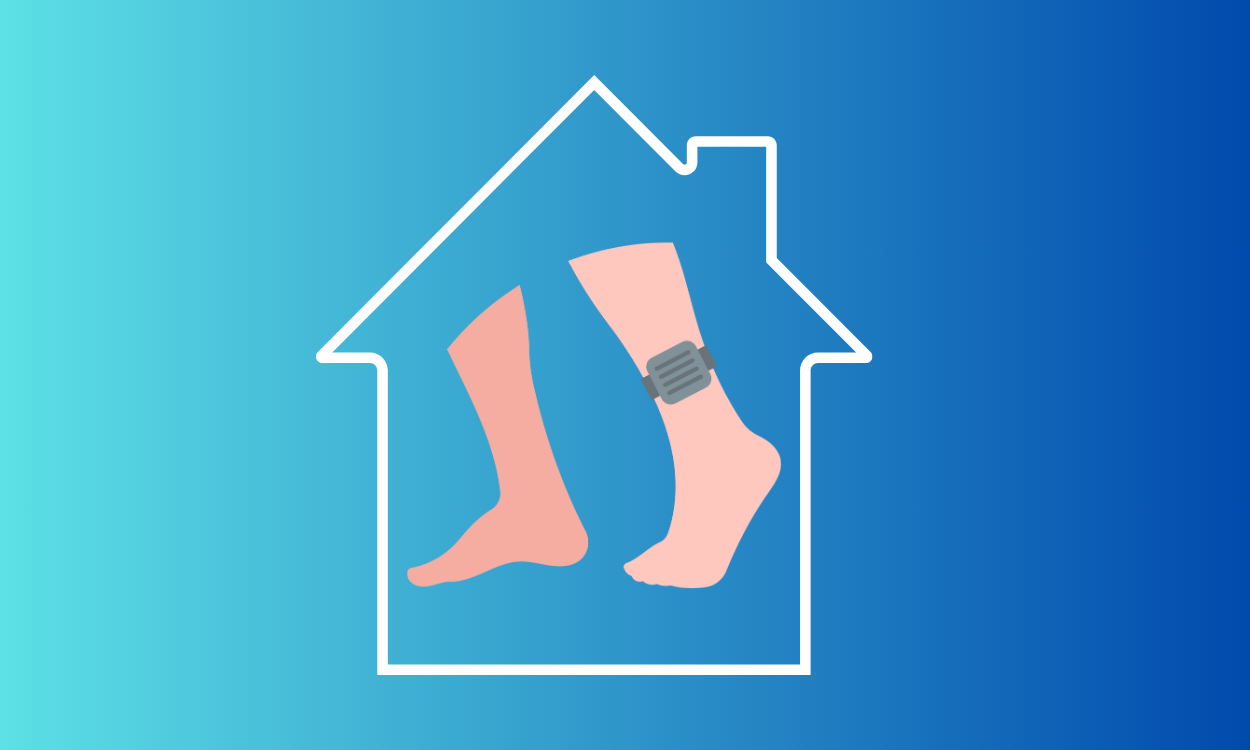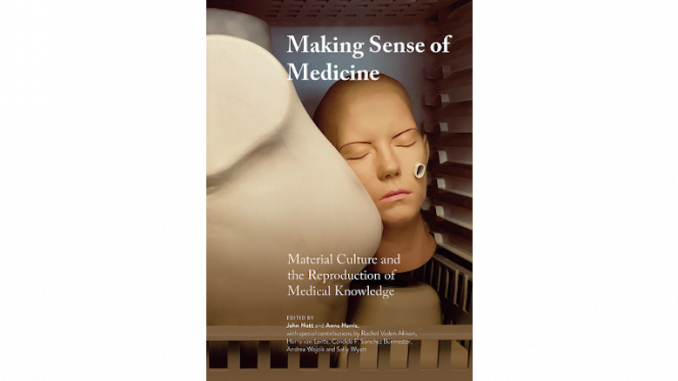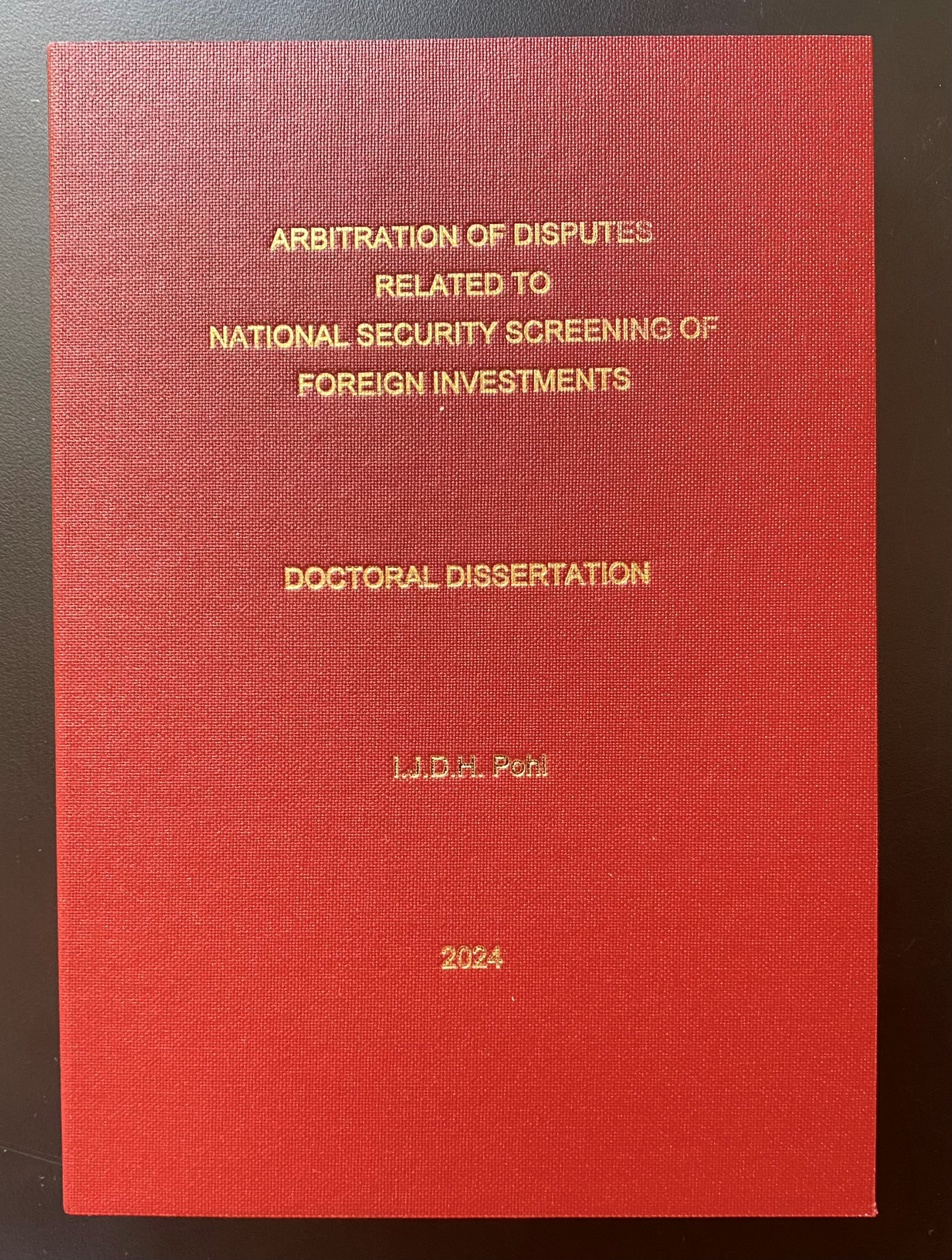UM student interviews global entrepreneur on the business impact of COVID-19
I have now been in self-isolation for over two weeks in order to slow the spread of COVID-19 (and I hope you are all doing the same!). At first, I was thinking of going back home to Germany but, because Maastricht is such an international town, I decided not to return to my family as I wasn’t sure if I might be carrying the virus. Luckily, I am healthy and now have some extra free time on my hands. As we continue to be flooded with news of COVID-19, I decided to do some research on the economic consequences of this crisis.
In light of the crisis, many business operations have been on hold leading to growing uncertainty and an extremely volatile stock market. Many people have already died from the virus, lost their jobs or fallen into depression. As I continued my research, I thought it would be interesting to speak with someone with first-hand experience of the crisis. That’s when I remembered the lecture given by Suvra Chakraborty last December at Maastricht University about foreign trade with an emphasis on cultural differences. With his company AMC Overseas, the Indian entrepreneur established a successful business 25 years ago, one that survived many crises before.
As his lecture was a big inspiration to me, I thought conducting an interview with him on the current circumstances would be amazing! After reaching out to him, we quickly organised a meeting via Skype and his answers did not disappoint.

How did you react to the outbreak last year in Wuhan? Did you already think that the virus would influence your business?
At AMC, we had high volume export projects in China between 1995 and 2006. At that time, I visited the length and breadth of the country and had been to Wuhan twice. I hold only very positive memories of those business and human dealings. Now, our business with China has shrunk to import only a few containers. Therefore, when the news from Wuhan hit the media, we were not very alarmed business-wise. We had the feeling that it was once again another unfortunate regional natural disaster. The World Health Organisation's initial communication also reflected such a view. We diverted sourcing of those products to alternative means.
Since AMC was founded 25 years ago, you have been through various recessions like the dot-com bubble, the 2007 financial Crisis, and the Crimea conflict. Learning from these crises, how did you prepare for the current one?
Human memory is very short. However, entrepreneurs are optimists. We suffer during crises, but as soon as they disappear, we start business activities with renewed vigour. Yes, every crisis brings changes in a business scenario. It’s very important to take timely note of the 'new normal'. Being raised in India, where we constantly go through unpredictability, we believe in taking out a part of the capital in order to be secure for 'rainy days'. During, and just after, crises, we often see cash as essential.
What are the implications for your operations (suppliers, buyers, employees) ?
This is an unprecedented situation. Supply and demand are badly disrupted, simultaneously in most countries around the world. We are struggling to ship the orders coming in for April. I don’t see any sustainable demand coming in from May onwards. International marine transport services are very badly damaged as are the courier services with grounded flights globally. Banking operations became very slow due to home office arrangements and disrupted back office support in India where many major international financial institutions outsource their services.
So, how do you operate currently?
Right now, online meetings are the only possibility for me to work.
What is needed to survive a financial crisis? Reserves and cash or something else?
Let me give you an example - AMC faced a major geopolitical crisis earlier this decade when suddenly two neighbouring nations, Ukraine and Russia, burnt their bridges. Until that time, AMC was operating in the whole Commonwealth of Independent State (CIS) region with our head office in Ukraine. Suddenly, the century-long human, trade and logistical relations started to fall apart at a very high speed. The army got involved; people started losing their lives and livelihoods. Businesses lost established markets, so everything changed. During this time, AMC was an active global trader in industrial and fine chemicals and the tag line of our company was ‘Chemical worldwide’. Our chemical business saw a 90 percent decline as most chemical plants were located in areas where active military actions were taking place.
At AMC, we had anticipated this upcoming crisis as we had been monitoring the rhetoric of the political leaders of the two countries, the major world powers, and the sentiments of the people. Smart leaders need to anticipate some things before others and gradually start acting to avert a worst-case scenario. We did a quick analysis of our strengths. We had expertise in all the aspects of international trade i.e. cross-continent logistics, global marketing, banking, B2B sales and after-sales services, etc. We noticed that the most important asset of the team was that we didn’t panic and we were eager to learn new things. From that moment, AMC just changed the product range from chemicals to food. Today after 8 years, AMC is an established player in supplying Ukrainian agricultural products to the food industry of the Gulf countries and Africa. Initially, naturally, we faced challenges, but we have not said goodbye to a single previous team member… There is a nice Russian saying which translates into English accordingly – What doesn’t kill you makes you stronger!
How can SMEs survive?
On survival, Darwin has the last word; ‘survival of the fittest’. SMEs, which are relatively small in size, are quick to respond to changes and can adapt quickly. This is a big strength during a crisis. Usually, large businesses get support from the government and taxpayer’s money helps to rescue them. In most countries, SMEs altogether pay more tax and employ more people, yet ironically, receive very little support.
How do you supply essential goods to countries in need?
It’s a very difficult situation. Many countries depend on imported staple food products. Dubai and the surrounding Gulf countries have an almost 100% dependency on food security. Many highly populated countries like India, China, and countries in Africa, depend on imported staples. Lockdowns in most countries are making sourcing and logistics unsustainable. The same goes for life-saving medical supplies.
Are there also positive aspects for you?
It's a relatively good opportunity for self-development, enhancing skill sets and to optimistically prepare for the post-Covid-19 days. It’s time to recognise we all are a part of one society and if the society thrives, we individually thrive. The more you get involved in societal projects, the more positive and happy you feel. Digitally native millennials like you can do wonders while sitting at home today. It’s your chance to make a big impact and be a global hero.
This is the first crisis I am directly affected by, what advice do you have for me?
One beautiful aspect of life is that nobody has seen tomorrow. We all are born as optimists, every day we create dreams, and pursue them actively. Once in a while, life throws disruptions our way, when suddenly our surroundings change and it doesn’t match the story that we created in our minds - we call them crises. You and I are not the only ones to face such a situation. Revisit the world war stories you heard from your Grandparents, think of the plights of the refugees, forced to leave all their dreams and belongings to search for a small peaceful corner to restart their life.
This virus does not look for religion, colour or wealth to attack. It’s time to feel 'Human' and leave behind the petty differences between us which we create in our minds. Action is the best way to combat fear. Let’s find ways to support the authorities and the medical staff who are currently fighting the war for us. You are young, strong and from a secure background. Finally, these three things will always help - good health, the knowledge you accumulate and a positive attitude.

Sandro Esposito studies Economics and Business Economics with a specialisation in Emerging Markets.
Go to:
Also read
-
‘Practice what you preach’. This is the motto that led endowed professor of restorative justice and associate professor of criminal law and criminal procedure, Jacques Claessen, to voluntarily wear an electronic ankle bracelet.
-
The jury applauds the book for its “original exploration into the materiality of medical knowledge reproduction.
-
PhD thesis witten by Jens Hillebrand Pohl
This dissertation explores how international arbitration addresses disputes that arise when states invoke national security to justify restrictive measures against foreign investors.


